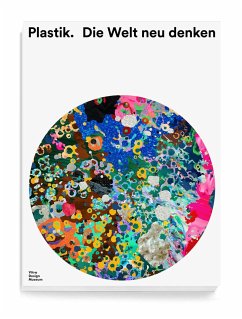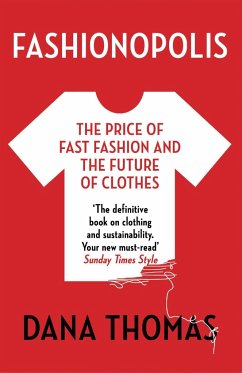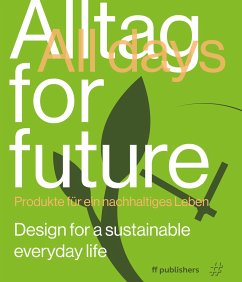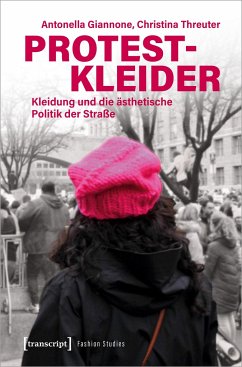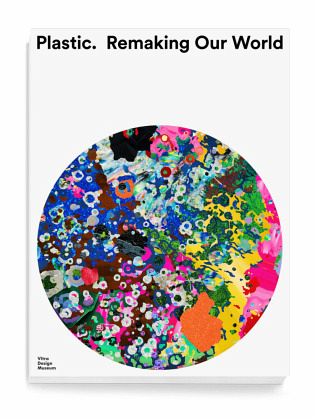
Plastic: Remaking Our World
Versandkostenfrei!
Versandfertig in 1-2 Wochen
49,90 €
inkl. MwSt.

PAYBACK Punkte
0 °P sammeln!
Plastic has shaped our daily lives like no other material. Originally associated with convenience, progress, even revolution, today plastic seems to have lost its utopian appeal. Plastic is everywhere, yet most conspicuous as waste and as a key factor in the global environmental crisis. This book examines the success story of plastic in the twentieth century and at the same time presents the different discourses on how we should tackle the global plastic waste crisis and find solutions that lead us towards a plastic economy that is truly circular. Mark Miodownik, Susan Freinkel, and Nanjala Ny...
Plastic has shaped our daily lives like no other material. Originally associated with convenience, progress, even revolution, today plastic seems to have lost its utopian appeal. Plastic is everywhere, yet most conspicuous as waste and as a key factor in the global environmental crisis. This book examines the success story of plastic in the twentieth century and at the same time presents the different discourses on how we should tackle the global plastic waste crisis and find solutions that lead us towards a plastic economy that is truly circular. Mark Miodownik, Susan Freinkel, and Nanjala Nyabola each contribute an essay that sheds light on the history of plastics from 1850 to today. A material-rich visual chronology illustrates how consumers' perception of plastics has changed over the decades. Brief descriptions of a selection of 40 objects from renowned collections examine the importance of plastics for material culture. Reprints of fundamental texts about the history of plastics - from Alexander Parkes (1865) to Max Liboiron (2018) - provide a context from the history of ideas. The book reflects the current discourse and state of research on plastic with numerous individual interviews and panel discussions that were held with designers, representatives from industry, researchers, and environmental activists. Underpinning these conversations are comprehensive data visualizations on plastic production and consumption, recycling. With contributions by Susan Freinkel, Mark Miodownik and Nanjala Nyabola; interviews with Jane Atfield, Diana Cohen, John McGeehan, Klarenbeek & Dros, The Shellworks, and others.












